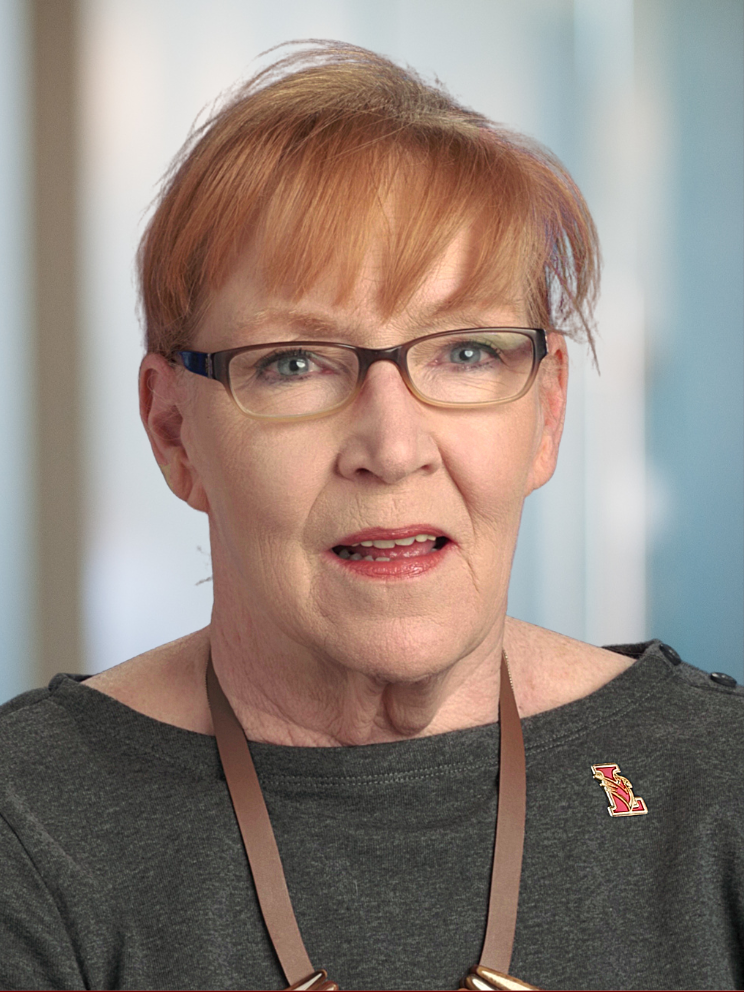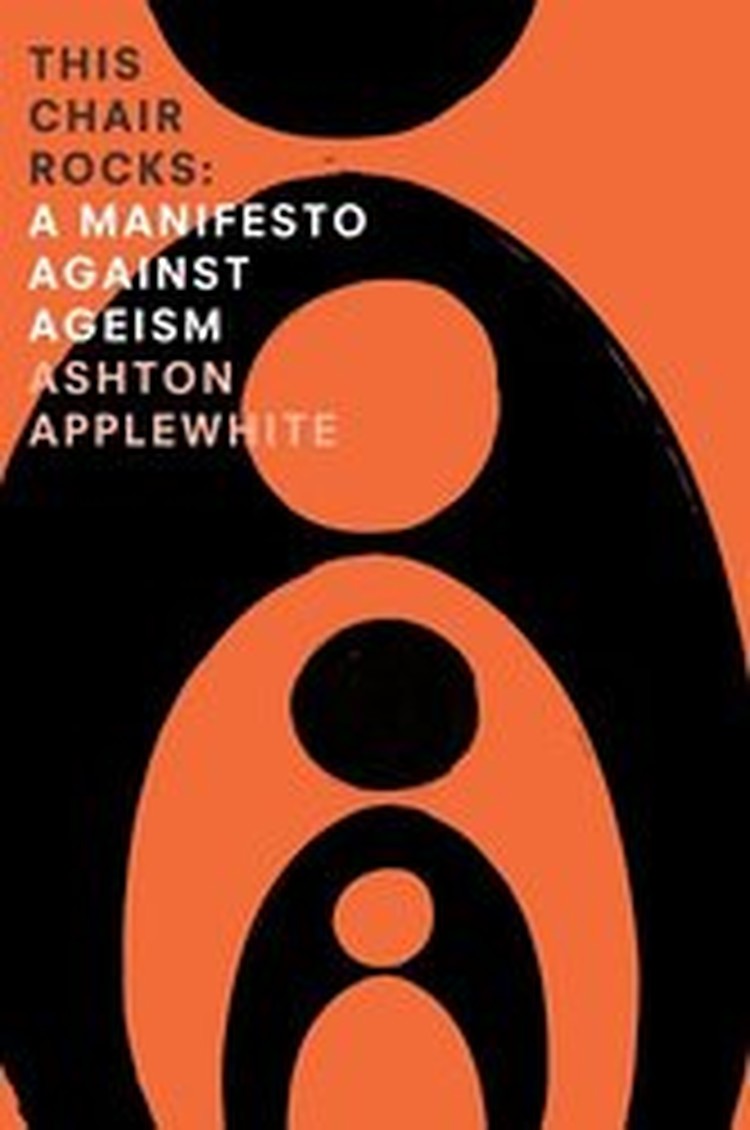Unless you are Peter Pan, one day you’ll be old. I don’t want to experience discrimination because of a date on my birth certificate. I don’t want people to lump me into a one-size-fits-all assumption based solely on my age. Neither does author Ashton Applewhite, whose book, This Chair Rocks: A Manifesto Against Ageism (2016), calls upon the thought leaders of aging to debunk the myths that are filling us with dread and keep us from realizing that all aging can be successful aging.
When I hear the word “manifesto,” it brings to mind fighting injustices in my activist youth, so why not take a stand against ageism too? Operating on the assumption that all older people are the same is like saying all blondes are the same. It’s shallow thinking that keeps older people out of contention for jobs, medical trials, bank loans, housing, even pet adoption. Applewhite points out time and time again where this one-size-fits-all philosophy is unfair, illogical and often illegal.
After challenging the myth of the despondent, divorced woman in her book Cutting Loose: Why Women Who End Their Marriages Do So Well (2009), Applewhite embraced becoming an “old person in training” with a blog, This Chair Rocks, and an online forum for self-check called Yo, Is This Ageist? To get an idea of what makes Ashton Applewhite so popular, here’s a question from that website. The Silver Century Foundation reposts some of Applewhite’s blogs here.
Given our raison d’être at SCF, we’re hyperconscious about ageism, but Applewhite shows us that even aware individuals make mistakes. Asking if someone still works, still drives or still lives alone assumes that they are somehow diminished by their longevity. When someone says “for your age,” it’s simply ageist (and here I’m guilty). Why can’t we just be attractive, accomplished or effective and leave it at that? Heaven knows I’d never call someone a “young lady” unless she was, literally, a young lady.
Yet as my closest friends and I hit milestone birthdays, we’ve gone from despairing over what must lie ahead to denying what must lie ahead. Why are we unmoved by the research that shows we are actually more satisfied with our lives in later life?
Applewhite says that we must reframe our thinking, that we must embrace an approach that does not define us as people of a particular age. It’s going to take some real thought-tweaking for me to get where she is on ageism. I continue to find most age-slamming greeting cards and commercials more funny than offensive. It will take a while for me to embrace saying “olders” vs “elders,” as Applewhite does. I may not go to the rally, but I’ll buy the bumper sticker.
What if we all tried a little harder to look for the beauty in older faces, to strive to stay healthy rather than stay young, to seek out the company of those with different life experiences and embrace our good fortune to be living longer? Remove the worry about candles on the cake and we might even be free to focus on what really matters to us. Let’s commit to changing the culture in which we are aging. Baby steps. (Or is that ageist?)

Pepper Evans works as an independent-living consultant, helping older adults age in place. She is the empty-nest mother of two adult daughters and has extensive personal and professional experience as a caregiver. She has worked as a researcher and editor for authors and filmmakers. She also puts her time and resources to use in the nonprofit sector and serves on the Board of Education in Lawrence Township, NJ.



